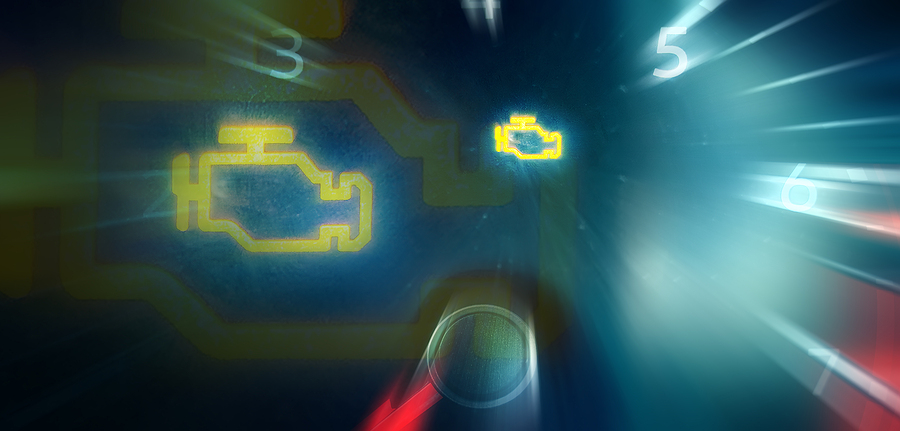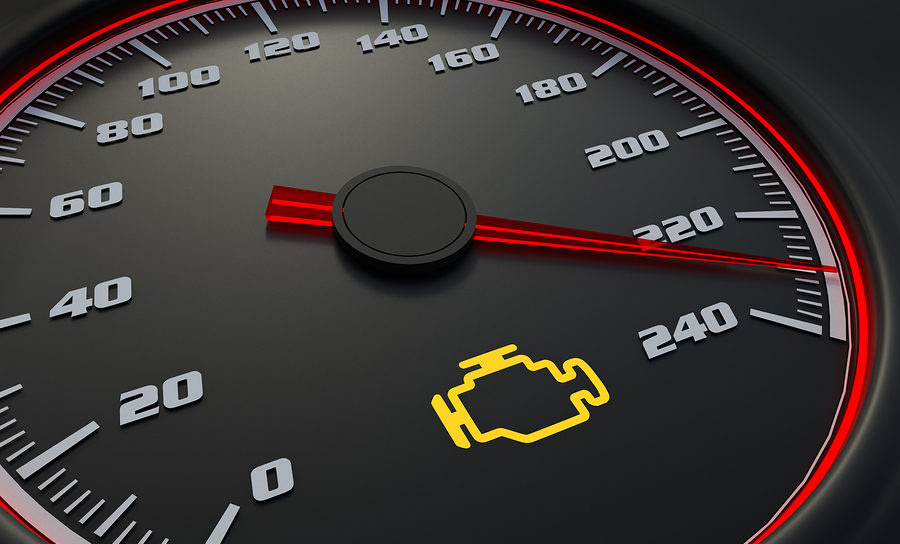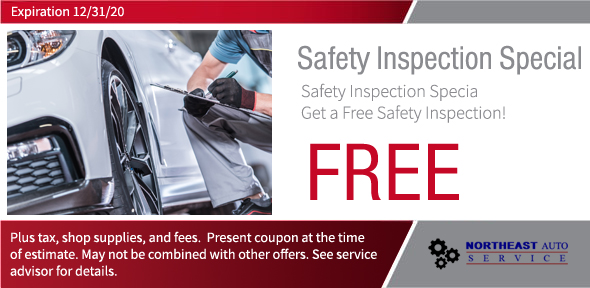Your car’s check engine light, also known as the malfunction indicator lamp, serves as an early warning system for potential engine troubles. It’s like your car’s way of telling you something isn’t quite right. When it suddenly illuminates on your dashboard, it can easily trigger a wave of anxiety and a flurry of questions. Is it a minor issue? Or is it something serious, like engine problems, that requires immediate attention? It’s not always easy to tell.
In this blog post, we’ll explore 10 of the most common reasons why your check engine light might be on, helping you understand the possible underlying issues and what your next steps should be. Buckle up, and let’s dive into the world of automotive diagnostics and repair.

Top 10 Reasons Why a Check Engine Light Comes On
1. Loose Gas Cap
It might seem like a simple and almost comical reason, but a loose gas cap can actually cause your check engine light to come on. Your car’s fuel system is designed to be airtight, and when the gas cap is not properly sealed, it can lead to an incorrect fuel-to-air ratio that triggers the light. If this is the case, simply tighten or replace your gas cap and see if the light goes off.
2. Faulty Oxygen Sensor
Your car’s oxygen sensor measures the amount of unburned oxygen in your exhaust system and helps regulate the fuel-to-oxygen ratio. A faulty sensor can cause your check engine light to come on and reduce your gas mileage, leading to a higher level of emissions. It’s important to have this sensor replaced promptly to avoid further engine damage and reduce your impact on the environment.
3. Failing Catalytic Converter
Catalytic converters are responsible for reducing harmful emissions from your car’s exhaust fumes. When it fails, not only can it cause your check engine light to come on, but it can also lead to decreased engine performance and increased pollution. If you notice a decrease in acceleration or an unusual smell from your exhaust, the catalytic converter may be the culprit.
4. Malfunctioning Mass Airflow Sensor
The mass airflow sensor measures the amount of air entering your car’s engine and helps regulate fuel flow. When this sensor malfunctions, it can cause a variety of issues, including decreased gas mileage and engine performance. Ignoring the problem can lead to more severe engine damage, so be sure to address any issues with your mass airflow sensor as soon as possible.
5. Faulty Spark Plugs or Wires
Spark plugs and wires are essential components in your car’s ignition system. When they fail, your car may have trouble starting, and the check engine light can come on as a result. Regularly checking and replacing these parts can prevent further damage and keep your car running smoothly.
6. Worn-Out Timing Belt
The timing belt is responsible for synchronizing the rotation of the crankshaft and camshaft in your car’s engine. When it becomes worn or damaged, your engine may misfire, leading to a check engine light warning. If left defective, a broken timing belt can cause significant and costly damage to your engine.
7. Faulty Ignition Coil
The ignition coil is responsible for supplying electricity to your car’s spark plugs, allowing them to ignite the fuel in the engine. When it fails, your car may experience issues with starting or acceleration, and the check engine light can come on as a result. Replacing a faulty ignition coil is relatively simple and can prevent further problems down the road.
8. Loose or Damaged Exhaust Pipe
If you hear a hissing noise coming from your exhaust system, it could be a sign of a loose or damaged exhaust pipe. A damaged pipe can cause your check engine light to come on and also lead to increased emissions and decreased fuel efficiency. It’s essential to have any issues with your exhaust system addressed promptly to avoid further damage and costly repairs.
9. Low Fluid Levels
If your car’s fluid levels, such as oil, transmission fluid, or coolant, are running low, it can cause your engine to function improperly. This can trigger your check engine light and potentially lead to more severe engine damage if not addressed promptly. Regularly checking and topping off fluid levels is an essential part of car maintenance and can prevent costly repairs in the future.
10. Electrical Issues
Modern cars are heavily reliant on complex electrical systems to function correctly. If there’s a problem with any of these systems, such as the battery or alternator, it can trigger your check engine light warning. Have an expert perform a diagnostic test using a check engine light reader to pinpoint the exact issue and prevent potential breakdowns on the road.
Conclusion
While seeing your check engine light come on can be a cause for concern, it’s important to remain calm and address the issue promptly. Ignoring warning signs can lead to more severe and costly engine damage in the future. By understanding these 10 common reasons why your check engine light is on, you can be better equipped to identify and resolve any potential issues with your car. Remember, regular maintenance and timely repairs are crucial for keeping your car running smoothly and efficiently.
Is your check engine light flashing or illuminated? If so, you need immediate automotive diagnostics at an affordable price. Contact Northeast Auto Service at 317-475-1846 for professional automotive service and repair in Indianapolis, Indiana. Request a free estimate, or schedule service, today.
Related Posts:
How Long Can I Drive With the Check Engine Light On?
Do I Have to Repair a Check Engine Light?
5 Automotive Warning Lights You Need to Know


